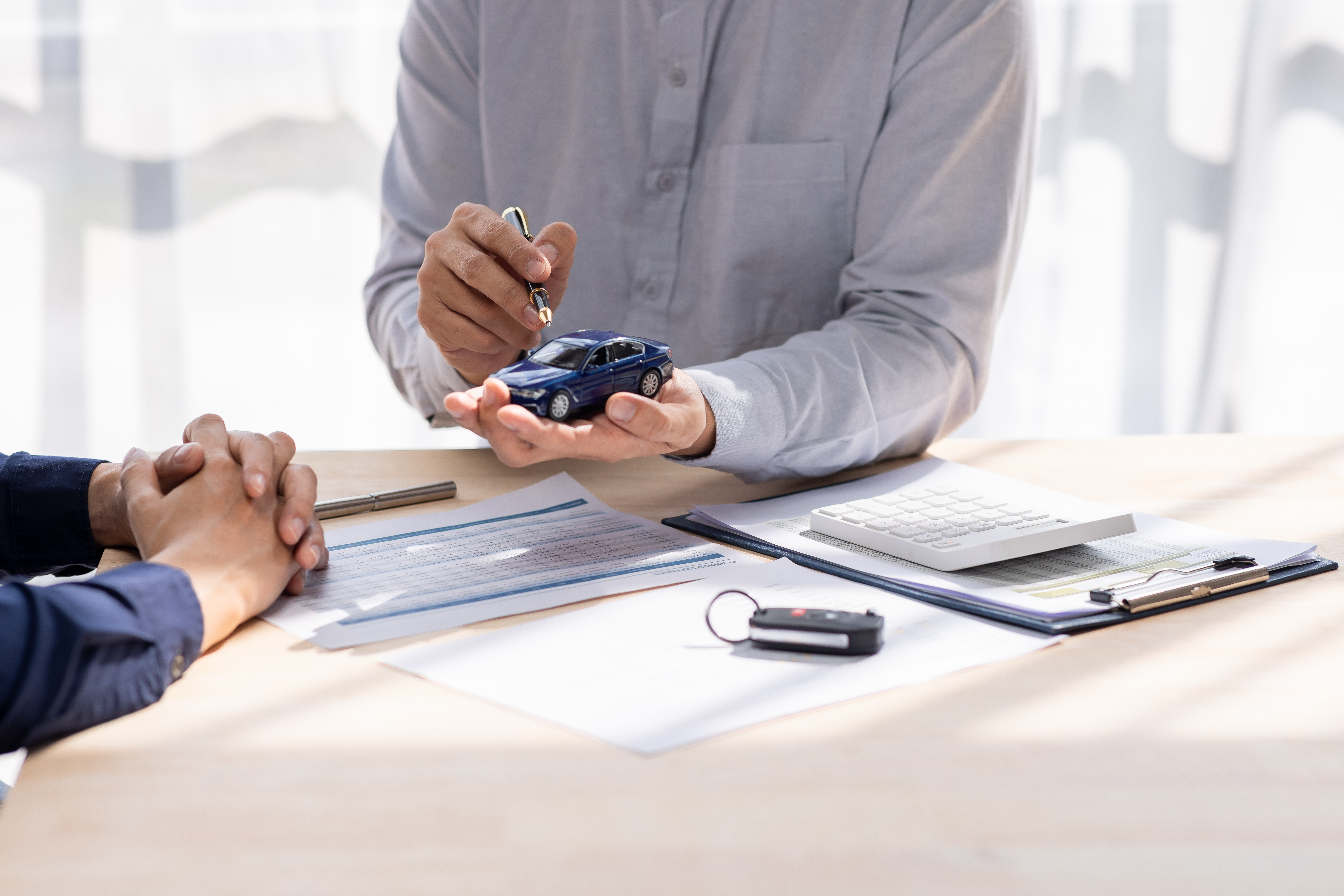When it comes time to consider acquiring a new vehicle, one of the essential choices many consumers face is whether to lease or purchase. There are various factors to examine when deciding between these two options, including financial and lifestyle-related aspects.
If you are interested in leasing a vehicle, it’s imperative that you work with qualified professionals. Depending on where you live, you can search for “lease a car Los Angeles,” for example, to find resources and professionals in your area. Before you make a final decision, however, there are some things to consider. In this article, we explore the pros and cons of car leasing and buying.
Financial Implications

Leasing a car often requires a lower monthly payment compared to purchasing one, which can be more favorable to your monthly budget and result in more disposable income. Leasing agreements typically involve paying for the vehicle’s depreciation while you use it, which means you are not financing the entire vehicle cost. Additionally, down payments for leases are usually less than those required for traditional loans, making it more affordable for consumers with limited cash available.
On the other hand, buying a car can be a more cost-effective choice in the long run. Although the monthly payments may be higher, you are building equity in the vehicle, and once the loan is paid off, you will own the car outright. Furthermore, there are typically no restrictions on the number of miles you can drive, and you may be able to benefit from any potential resale value.
Flexibility and Commitment

Leasing a car often provides more flexibility than purchasing one. Lease agreements usually span two or three years, and at the end of the contract, you have the option to return the car and start a new lease or buy the vehicle. This makes leasing appealing to those who do not wish to commit to a long-term ownership arrangement or like driving a new car model every few years.
However, there are limitations when leasing a car, most notably, the set number of miles typically allowed per annum. Exceeding your leased vehicle’s mileage limit may result in additional charges that can become costly. Moreover, leases often have stricter requirements regarding vehicle maintenance and repairs, so it’s crucial to stay up-to-date with scheduled service to avoid potential penalties.
Impact on Credit
Both leasing and buying a car can impact your credit score. In both cases, your credit report will show a new account and your payment history associated with the agreement. If you make timely lease or loan payments, your credit score may improve over time. Conversely, late or missed payments can negatively affect your credit standing.
However, buying a car can have a more significant impact on your credit score as it usually involves a larger loan amount. The higher the outstanding debt on an auto loan, the more significant influence it may have on your credit utilization ratio and, subsequently, your credit score.
Your credit score is also a critical factor in determining your eligibility for financing a vehicle, either through leasing or buying. If you have a high credit score, you are more likely to qualify for lower interest rates and better leasing terms, which can save you money over the long term.
Overall Satisfaction and Ownership Experience
Finally, it’s essential to consider your satisfaction and overall ownership experience when deciding between leasing or buying a car. Lease agreements often cover the manufacturer’s warranty and maintenance for the vehicle during the contract period. In addition, leasing a car usually means driving a newer, up-to-date model, which can provide a higher level of comfort and enjoyment.
When you purchase a car, you have the freedom to modify and customize the vehicle to your liking without worrying about the terms and conditions of a lease agreement. However, once a car is out of warranty, repairs and maintenance costs become the owner’s responsibility.
Overall, the decision between leasing and buying a car largely depends on your financial situation, lifestyle preferences, and future plans. Consider these factors carefully before making your decision to ensure a satisfactory and rewarding vehicle ownership experience for years to come.





